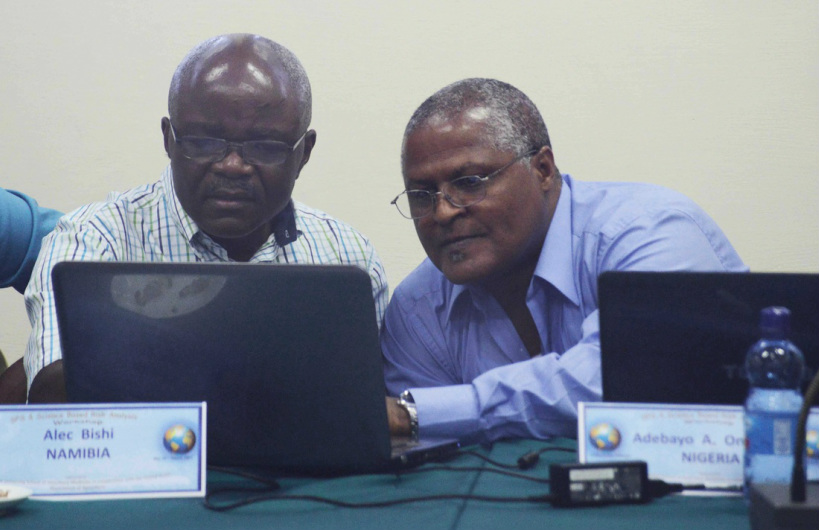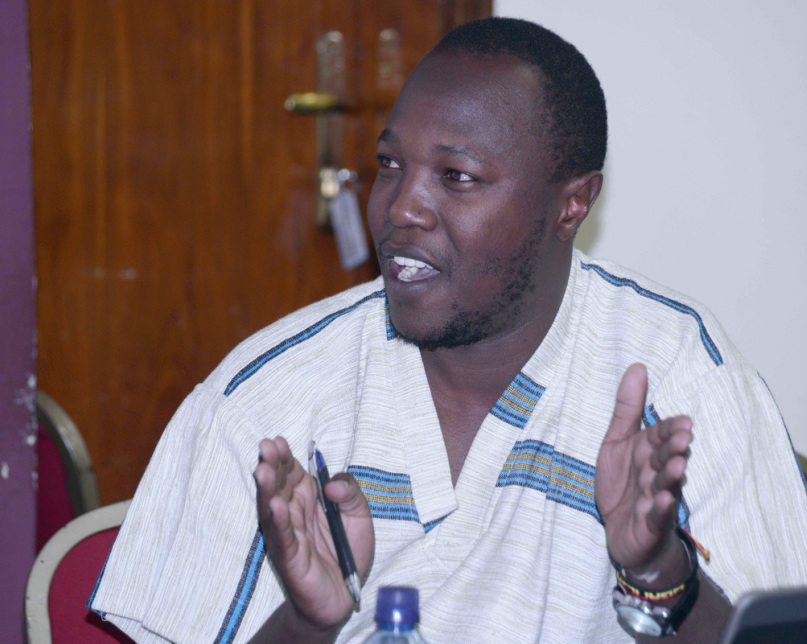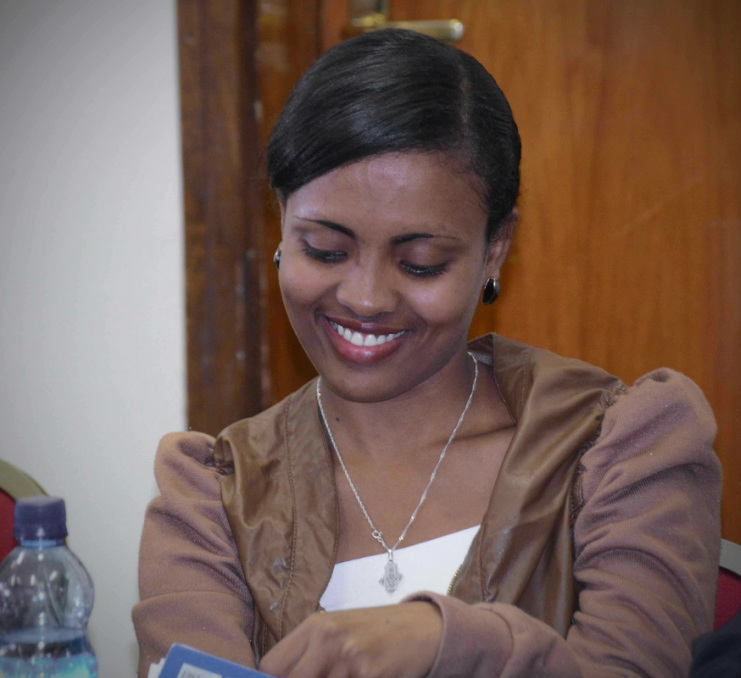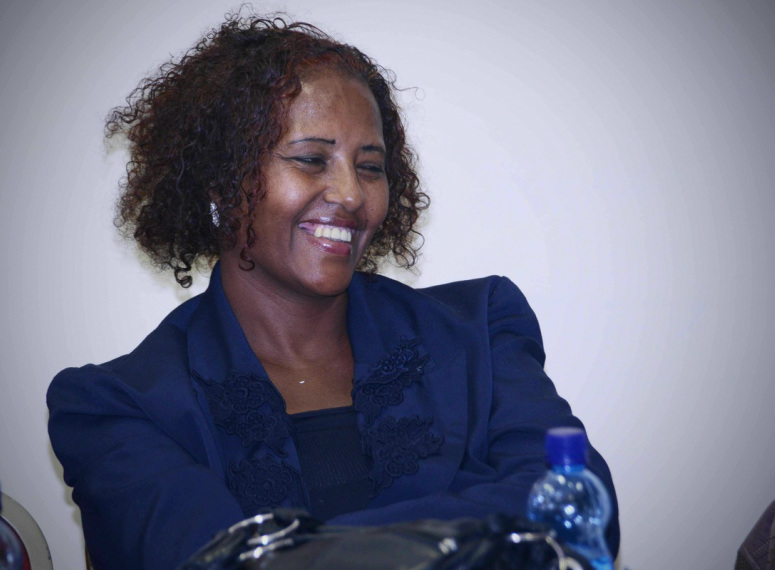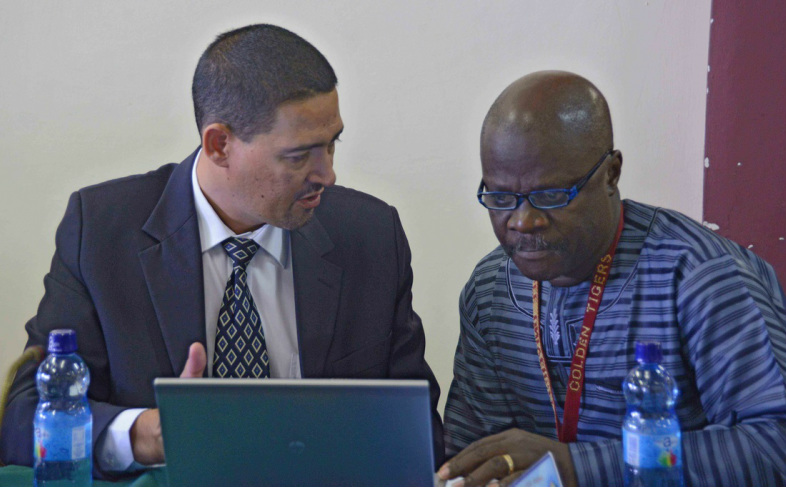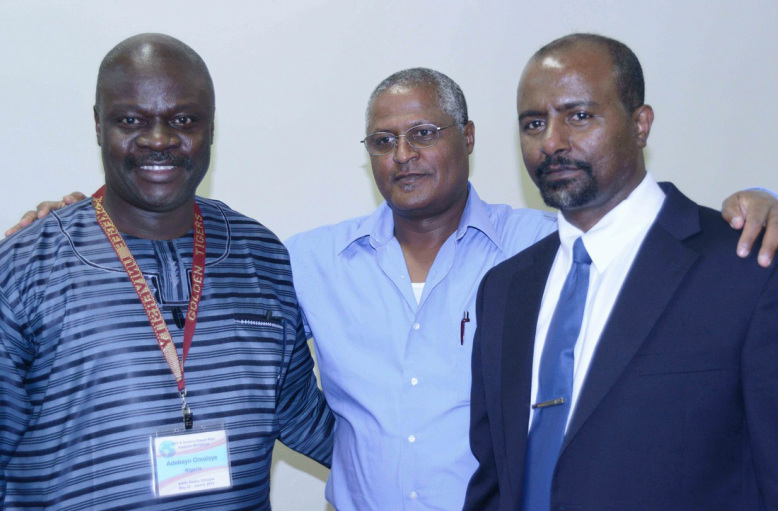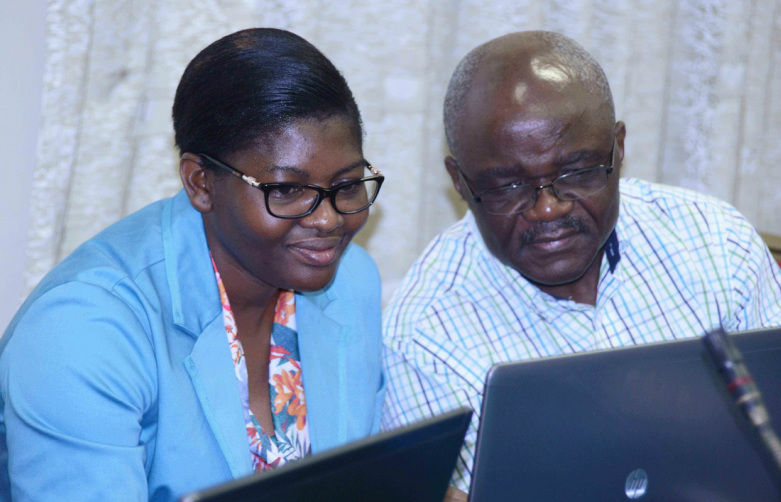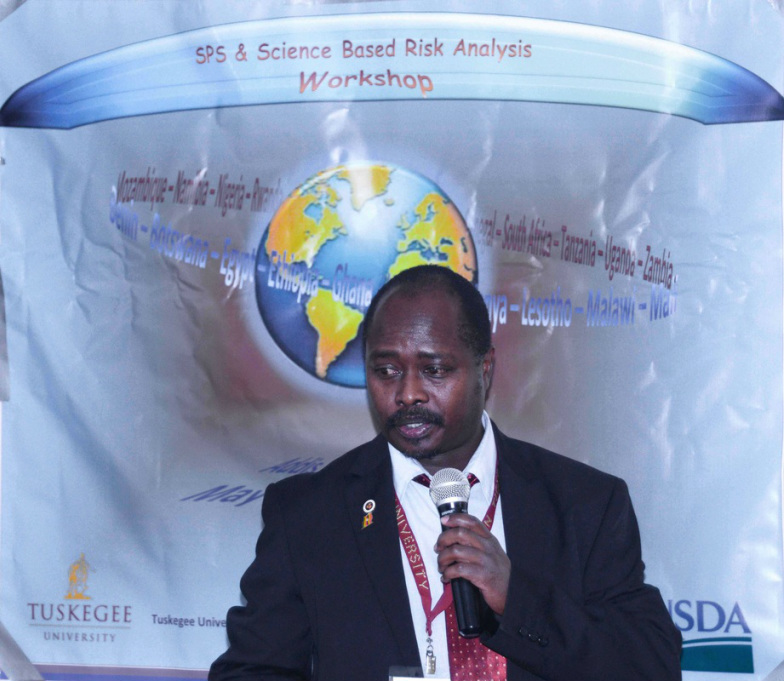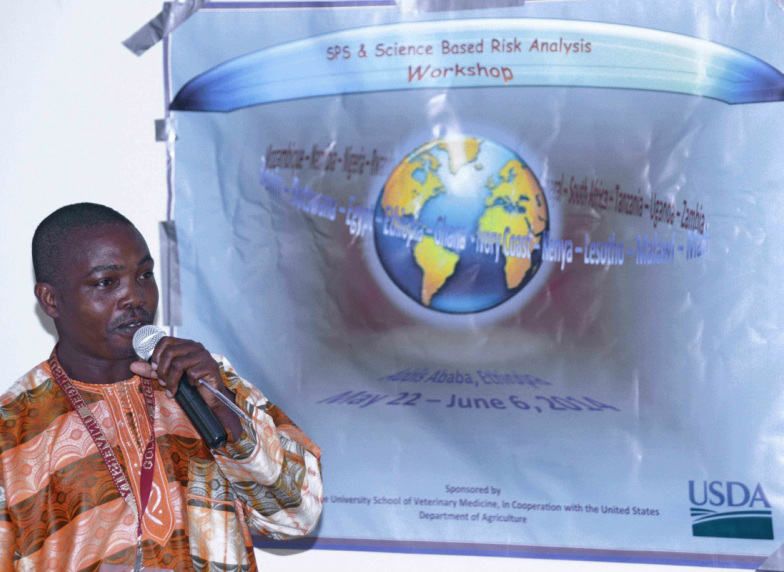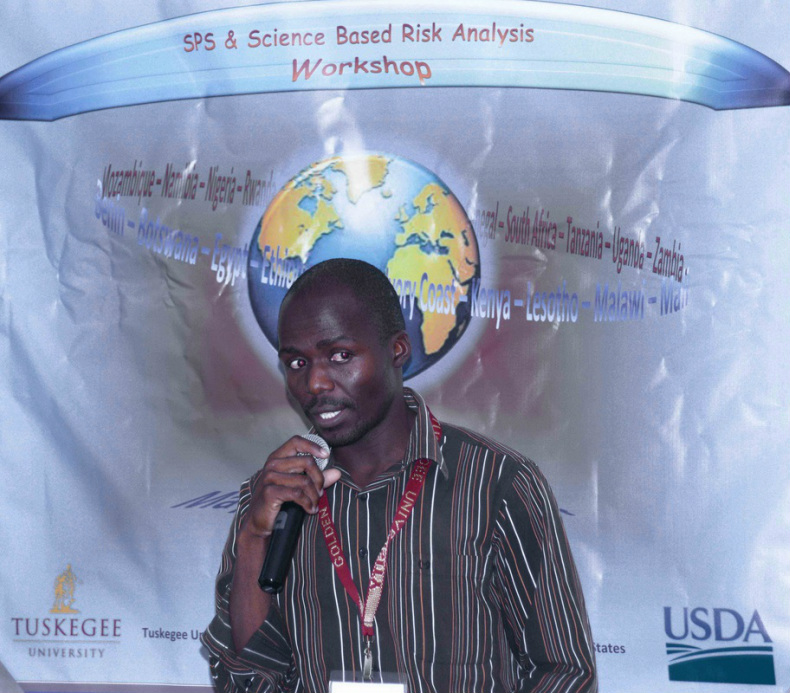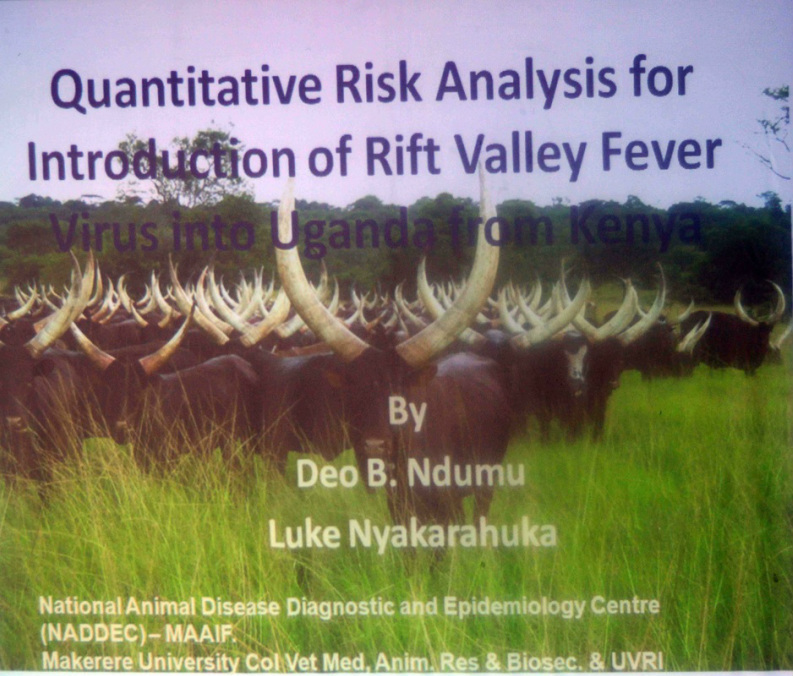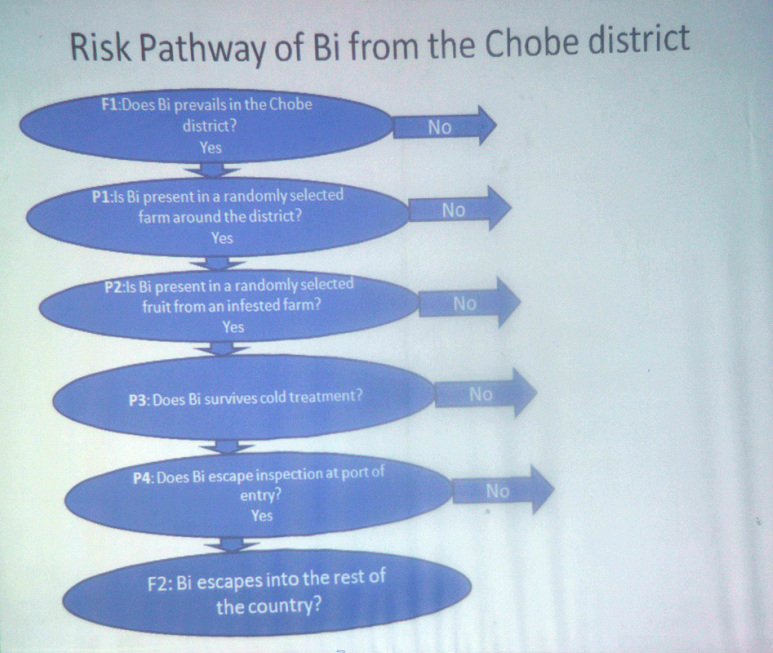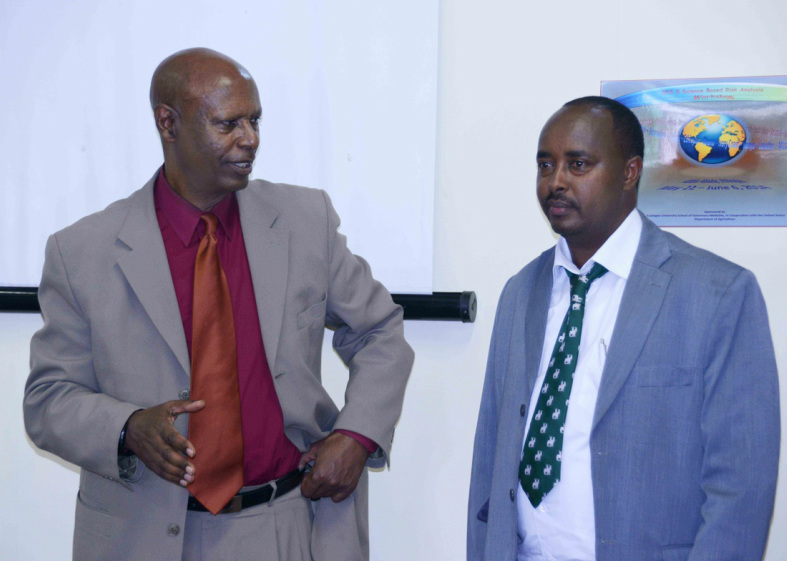Tuskegee University School of Veterinary Medicine, with funding from the U.S. Department of Agriculture, has provided training in international sanitary and phytosanitary regulation to government and university scientists in Africa every year since 2001. The 2014 training was held in May and June in Addis Ababa and included 25 participants from Ethiopia, Uganda, Egypt, Nigeria, South Africa, Zambia, and Malawi. Topics covered were qualitative and quantitative methods for health risk analysis, the World Trade Organization's Sanitary and Phyto-Sanitary (SPS) Agreement, the importance of agricultural trade in national development, WTO procedures for dispute resolution, issues in government decisionmaking and the role of analysis in decisionmaking, and opportunities for additional funding to support SPS capacity building in Africa. In cooperation with African governments, Tuskegee is proposing and will be organizing the 2nd International Conference on SPS Modeling and Risk Assessment in Africa in 2015.
David Brooks wrote in the New York Times (May 8, 2014) that "Too many of our images of Africa are derived from nature documentaries, fund-raising appeals and mission trips" but concluded that such is not the real Africa. He observed that in fact the real Africa is marked by "an impressive surge of growth, urbanization and modernization." That was very apparent in Addis where the government is, among other things, constructing a modern rail transit system that will pass just in front of our workshop hotel. Regrettably Africa does not yet participate as fully as it should in international trade (discriminatory behavior by developed countries is a large part of the reason why), but it will and soon, and Tuskegee's efforts will have helped much to make that happen. In the realm of SPS capacity building, Tuskegee has achieved more than USAID, WTO, and the development banks all put together.
David Brooks wrote in the New York Times (May 8, 2014) that "Too many of our images of Africa are derived from nature documentaries, fund-raising appeals and mission trips" but concluded that such is not the real Africa. He observed that in fact the real Africa is marked by "an impressive surge of growth, urbanization and modernization." That was very apparent in Addis where the government is, among other things, constructing a modern rail transit system that will pass just in front of our workshop hotel. Regrettably Africa does not yet participate as fully as it should in international trade (discriminatory behavior by developed countries is a large part of the reason why), but it will and soon, and Tuskegee's efforts will have helped much to make that happen. In the realm of SPS capacity building, Tuskegee has achieved more than USAID, WTO, and the development banks all put together.

